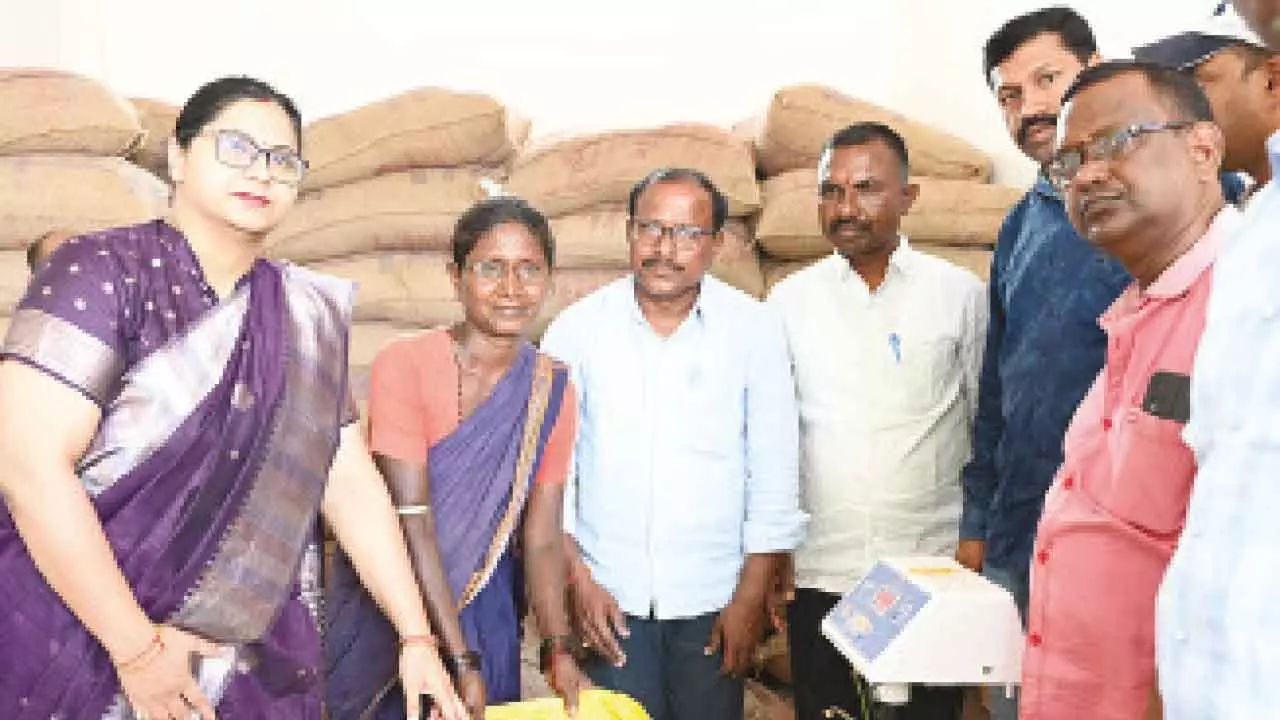In Hyderabad’s Old City, many Muslims are hesitant to participate in a government survey because the questionnaire is only available in Telugu. Residents prefer the survey to be in English or Urdu, which is widely spoken and holds official language status in the State. This language barrier has caused confusion, leading many to refuse participation in the Socio-Economic, Educational, Employment, Political, and Caste Survey (SEEPC).
The survey consists of over 76 questions, and many residents are unsure about what is being asked. This uncertainty has led entire families to avoid the survey, fearing misunderstandings or the potential misuse of their information.
Mohd Shujath, a resident of Ramnaspura in Bahadurpura, expressed concern, saying, “During the survey, the enumerator asked questions and filled them in, but since it was in Telugu, we didn’t understand what was being asked or recorded.” He worried about how their responses might be used in the future.
Another resident, Mohammed Mubashir from Malakpet, questioned how anyone could answer so many personal questions without understanding the language. Many families feel the same way, resulting in incomplete data collection from the Old City.
Mohammed Ahmed, a spokesperson for the State minority in the TDP, criticized the lack of seriousness in conducting the survey in the Old City. He pointed out that if residents cannot understand the questions, it is impossible for them to provide accurate answers. He emphasized that officials should ensure the survey is available in multiple languages, especially Urdu and English.
Residents have tried to address the issue by requesting survey forms in other languages. Azeem, from Moghalpura, said that when they approached a senior officer to provide the form in another language, the officer did not respond favorably, and the enumerators skipped their area.
Ahmed suggested that if the survey were available in Urdu or English, more people in the Old City would participate. This would not only improve the quality of the data but also encourage better engagement with the survey process.
To ensure the success of such surveys, Ahmed urged ward officers to actively engage with the community and create awareness. This would lead to more comprehensive and accurate data collection, benefiting everyone involved.











